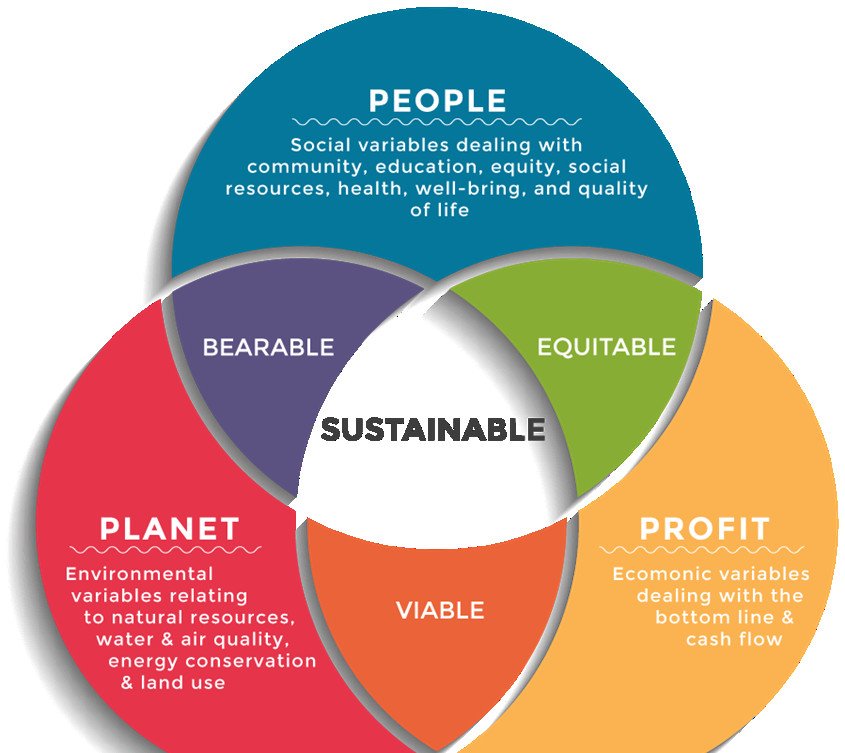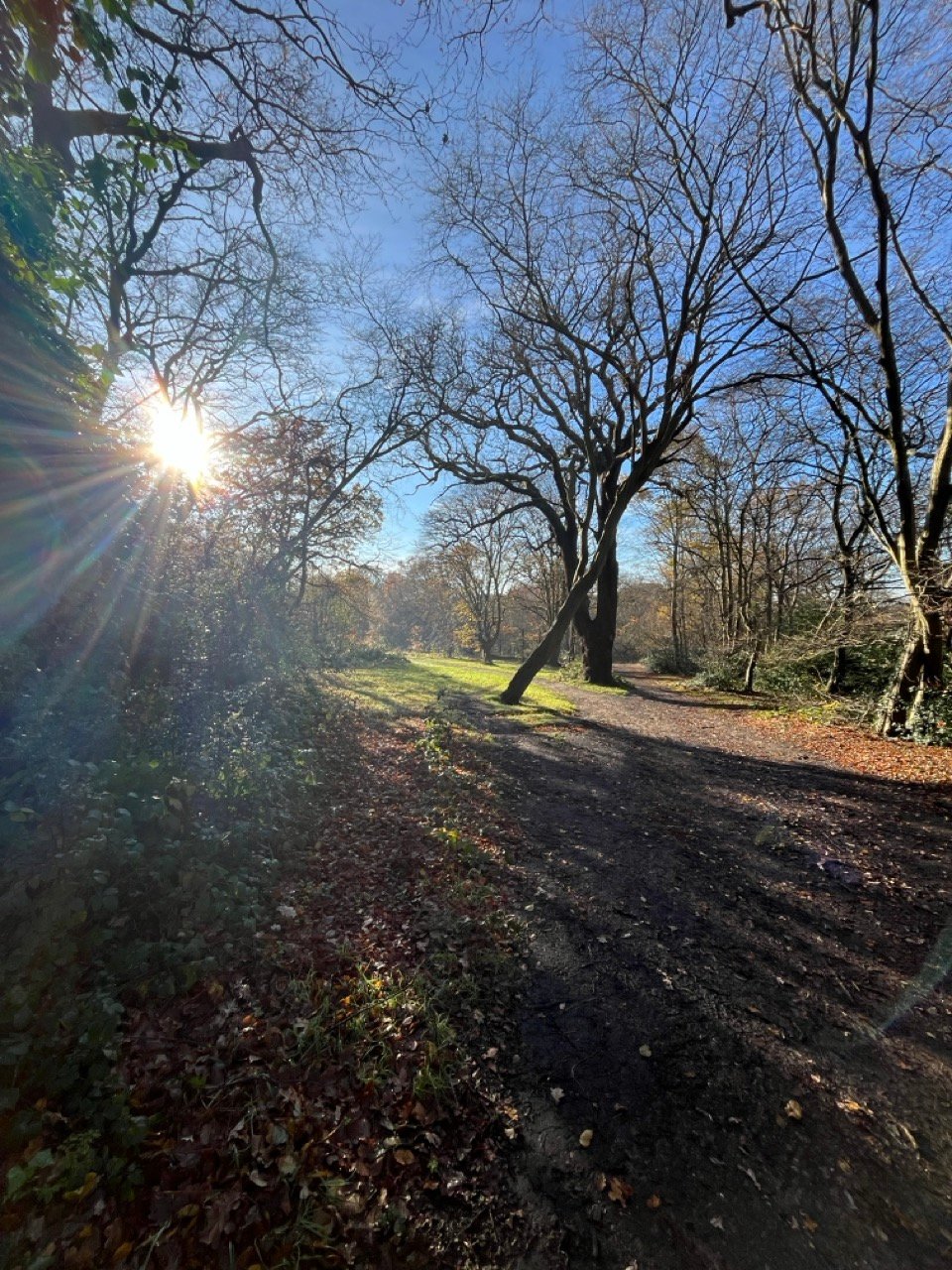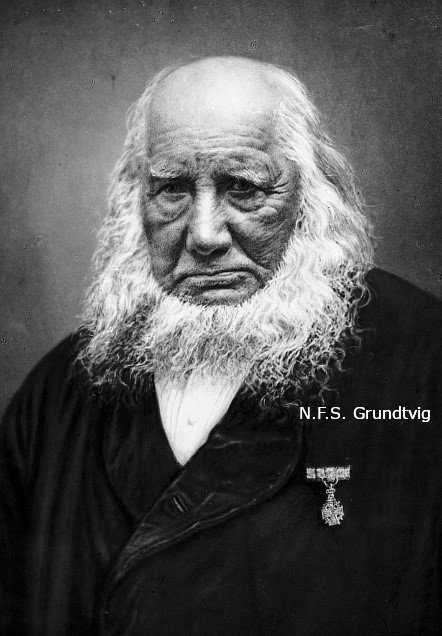Welcome to Quakers and Business!
Welcome to Quakers and Business! This is a space for individuals from diverse backgrounds to explore how Quaker values can inform and transform the world of commerce. We believe that business can be a force for good, guided by principles of integrity, equality, and peace. Here, you’ll find resources, discussions, and a community dedicated to building a more ethical and sustainable economy. To learn more about our mission and history, please visit our about page. If you’re interested in connecting with like-minded individuals and contributing to this movement, we invite you to join us.
Ever wondered how running an ethical business fits with building a world that works for everyone? You’ve probably heard about the three pillars of sustainability from that 1987 Brundtland Commission report “Our Common Future.” They talk about balancing environmental integrity, social equity, and economic viability – making sure we’re not just chasing profits at any cost – this is something Quakers and Business advocates for.
John Elkington took this further in 1994 with his triple bottom line idea. Instead of just counting money, businesses should measure their impact on “people, planet, profit” – a much broader view of what success really means.
What fascinates me is how these modern business concepts match up with what Quakers have believed for centuries. Our testimony of simplicity naturally leads us to use resources carefully – that’s environmental sustainability in action. When we follow our testimony of equality, we’re addressing the social pillar and putting “people” at the heart of business. And our commitment to integrity and justice means we think about economic practices that benefit everyone for the long haul – a much more ethical take on “profit.”
The historical foundation of Quakers and Business
The Quakers and Business approach isn’t new – it has deep historical roots stretching back to the 17th century. Ths rich Quaker history in business is a testament to the power of values-driven leadership. Early Quaker merchants like the Cadbury family, the Rowntrees, and Lloyd’s banking family built their enterprises on principles that sound remarkably modern today. They believed that business should serve society, not exploit it.
These pioneering Quaker entrepreneurs established practices that we’d now recognise as corporate social responsibility. They provided fair wages, decent working conditions, and employee benefits long before these became legal requirements. The Cadbury brothers, for instance, created Bournville – a model village for their workers complete with quality housing, green spaces, and educational facilities. This wasn’t charity; it was their understanding of what responsible business looked like. This part of Quaker history in business shows that building a company on a foundation of trust is a powerful and sustainable strategy.
Quaker testimonies in modern business practice
The traditional Quaker testimonies – simplicity, peace, integrity, community, and equality – translate seamlessly into contemporary business ethics. Let’s explore how each testimony shapes ethical business practices:
Simplicity in business means avoiding waste, choosing quality over quantity, and questioning whether growth for growth’s sake truly serves anyone. It challenges the throwaway culture and encourages businesses to design products that last, reducing environmental impact while providing genuine value to customers.
Peace extends beyond avoiding conflict to actively building harmony in business relationships. This means fair dealing with suppliers, honest communication with customers, and creating workplaces where people feel respected and valued. Peaceful business practices also mean refusing to profit from industries that cause harm.
Integrity demands complete honesty in all business dealings. No hidden costs, no misleading marketing, no exploitation of information asymmetries. When integrity guides business decisions, trust becomes the foundation of all relationships – with customers, employees, suppliers, and the broader community.
Community recognizes that businesses don’t exist in isolation. They’re part of local economies, social networks, and global supply chains. Successful businesses contribute to thriving communities, support local suppliers when possible, and consider the ripple effects of their decisions on all stakeholders.
Equality challenges businesses to examine power structures, pay gaps, and access to opportunities. It means creating inclusive workplaces, ensuring fair compensation across all levels, and recognising that diverse perspectives strengthen organisations.
Why this matters more than ever
In our interconnected world, the consequences of business decisions ripple far beyond balance sheets. Climate change, social inequality, and economic instability all demand that we rethink how business operates. The Quaker history in business offers a time-tested framework for businesses that want to be part of the solution.
Modern consumers increasingly choose companies that align with their values. Employees want to work for organisations with purpose beyond profit. Investors are recognising that sustainable business practices often deliver better long-term returns. The Quaker business model isn’t just ethically sound – it’s becoming economically smart.
Practical steps forward
You don’t need to be a Quaker to apply these principles. Start by examining your business decisions through the lens of people, planet, and profit. Ask uncomfortable questions: Who benefits from this decision? What are the environmental costs? Are we building something that will serve future generations?
Consider implementing regular “ethical audits” alongside financial ones. Engage with your community – not just as a market, but as neighbors. Invest in your employees’ wellbeing and growth. Choose suppliers who share your values, even if they cost more initially.
Building a Better Business World
Have a look around our website to see how Quakers and business are living these principles day to day. Our values have been pointing toward a fairer, more sustainable economy for generations – we just didn’t have fancy terms for it back then!
The path forward isn’t always clear, but the destination is: a business world that serves everyone, protects our planet, and proves that doing good and doing well aren’t mutually exclusive. Join us in building that future, one ethical decision at a time.



